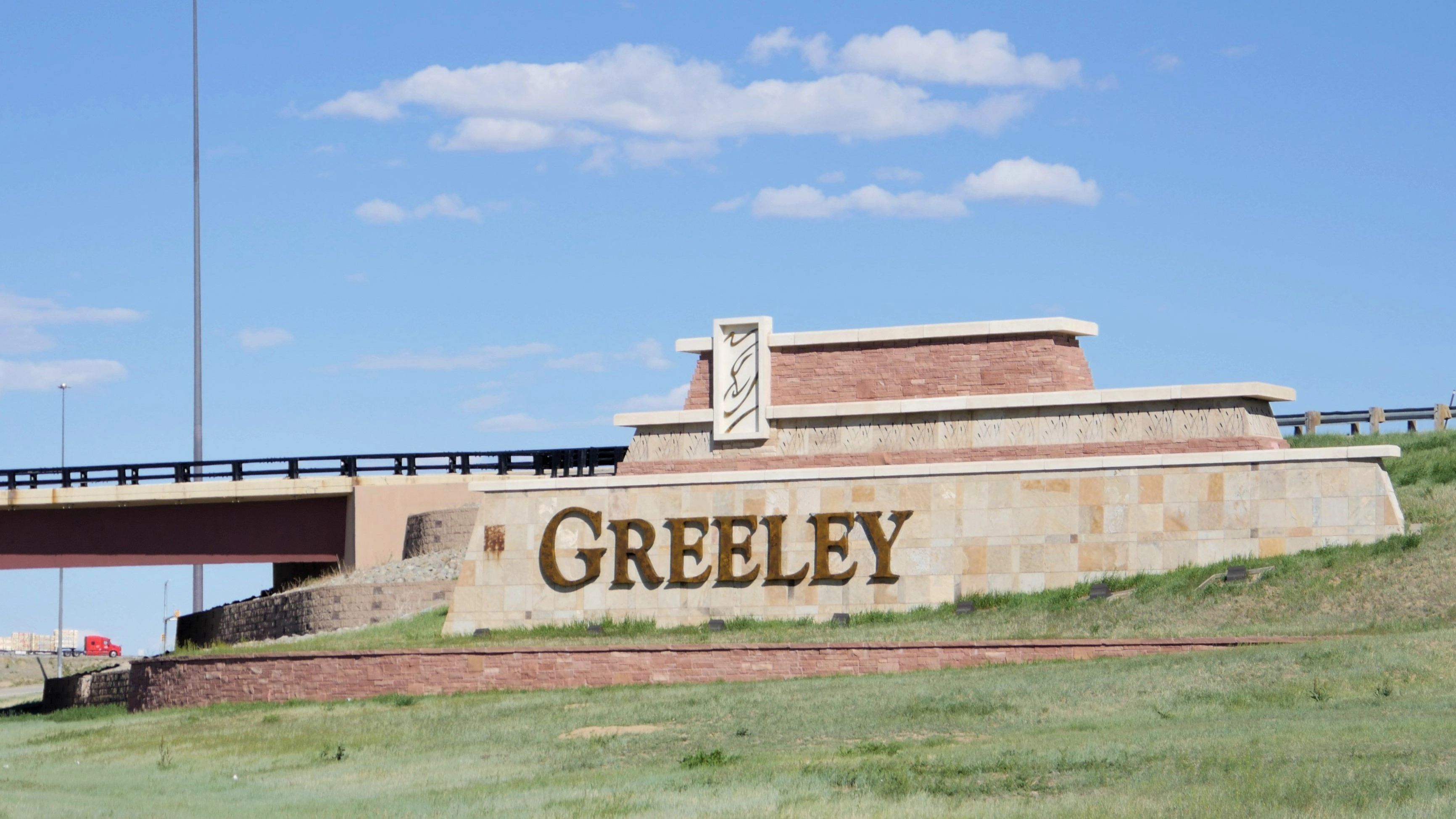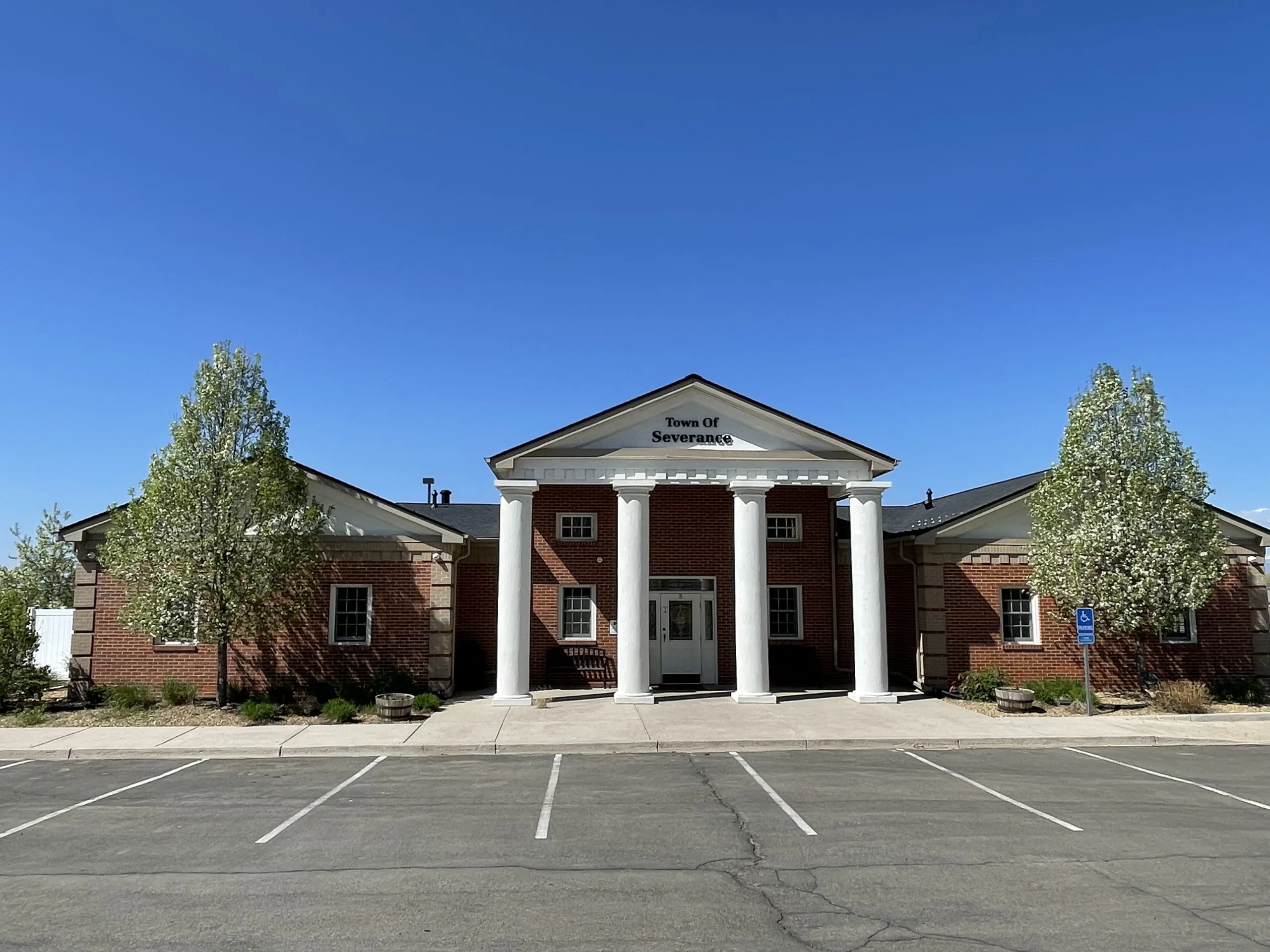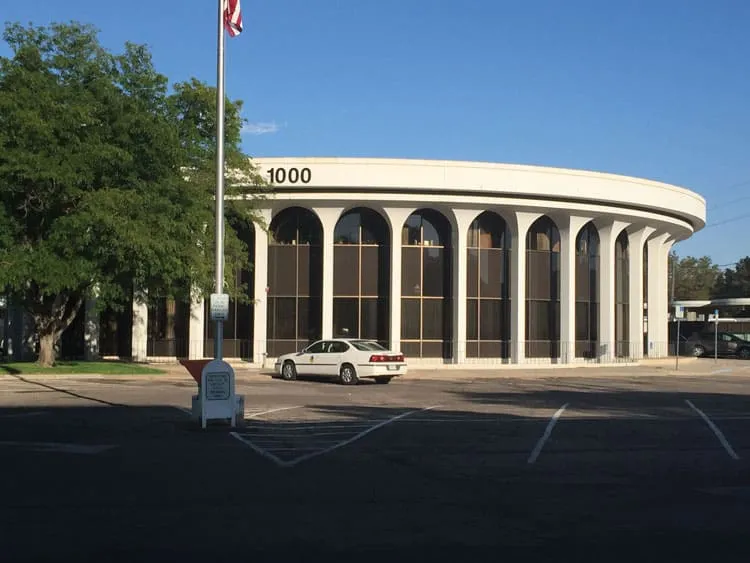Greeley City Council rezones industrial lot in neighborhood against residents’ wishes
HP landowner can now market property for more uses

The Greeley City Council rezoned the last of the Hewlett Packard industrial property to residential high against neighborhood wishes.
THIS ARTICLE IS FOR SUBSCRIBERS ONLY
Continue reading for less than $3 per week!
Get a month of award-winning local business news, trends and insights
Access award-winning content today!
Already have a paid subscription?





